Music is a passion or hobby for anyone, regardless of age. Without music, our lives would be incredibly dull, which is why many people consider making their own music. While any instrument can be used, some are more beginner-friendly than others, such as the guitar. Most people, usually kids, start young when learning to play it. However, this does not mean adults cannot do the same.
Learning how to play the guitar is a time-consuming yet rewarding journey. It can be intimidating for adults, especially if they have never tried it. Conversely, the pressure will be massive, especially if they admire musical icons such as Jimi Hendrix, Jimmy Page, or Eddie Van Halen. Aside from that, there is also the matter of memorizing chords, scales, and techniques, which are essential if you want to become a guitar virtuoso.
If you are an adult who wants to know how to play the guitar, here are some practical tips:
#1 - Start with Basic Chord Progressions
Basic chord progressions are fundamental aspects of guitar playing because they will help you to develop the skills necessary to play more complex tunes. Chord progressions are the backbone of most songs, and they usually consist of a series of chords played in a specific order. Learning to form chords and move between them is the first step to becoming a competent guitar player.
Practicing basic chord progressions in the key of C major is generally recommended because this key is the simplest to learn, as the chords are all open chords. This means that you can play them without having to use any barre chords or complex fingerings. Additionally, practicing chord progressions in the key of C major will help you develop your musical ear and learn to recognize chords in different keys.
Once you’ve mastered the basics of chord progressions, you can move on to more advanced techniques. These include learning scales, arpeggios, and other guitar techniques. While not required, you should also learn to read music, as this will help you understand the structure of songs and how to play them accurately.
#2 - Memorize Scales
Scales are the foundation of most musical styles and genres; learning them will give you a better understanding of the music you’re playing. Additionally, learning scales will help you understand the notes on the fretboard and how they relate.
When memorizing scales, you must always focus on one scale at a time. Start by learning the notes of the scale and the intervals between them. Once you’ve memorized the notes, practice playing the scale in different positions on the fretboard. This will help you become comfortable with the scale and allow you to play it in any key.
You should also practice scales in different time signatures and tempos to help you develop your technique and accuracy. Improvising with scales is also helpful because it will help you become a more creative guitarist and create elaborate solos— just like how Angus Young of AC/DC does.
#3 - Use a Guitar App
If you cannot find the time to practice your guitar in person, then a guitar app can significantly improve your skills. There are many apps available that can help with learning chords, scales, and other musical concepts. These apps offer interactive lessons and exercises that you can use to practice and develop your guitar skills.
For beginners, some apps provide helpful step-by-step guides to help you get started. These tutorials can teach you the basics of guitar playing, such as how to hold the guitar, tune it, and read tablature. For more experienced guitarists, some apps offer more advanced lessons. These apps can teach you how to play more complex chords, scales, and songs. Some apps even provide lessons from professional guitarists so you can learn from their experience.
#4 - Dedicate at Least an Hour of Your Day to Practice
Consistency is vital when it comes to learning how to play the guitar. Dedicating at least an hour of your day to practice will help you build your skills and improve your playing. You can break this hour down into smaller chunks of time if necessary. For instance, you can practice for 15 minutes in the morning, 15 minutes in the afternoon, and 30 minutes in the evening.
Conclusion
Learning to play the guitar as an adult will be challenging, but it can be done. While you may feel pressured because of the guitar-playing skills of others, you should not be because everyone started small. You could be the next Slash, David Gilmour, or Duane Allman, so take the time to practice and never give up.
Canggu Guitar is for you if you are looking for an acoustic guitar store! We offer various selections of guitars—whether acoustic or electric—and other equipment and accessories, such as amplifiers, strings, straps, and pedals, for affordable prices. Call us today at +62 895-3865-59847 to place an order!

